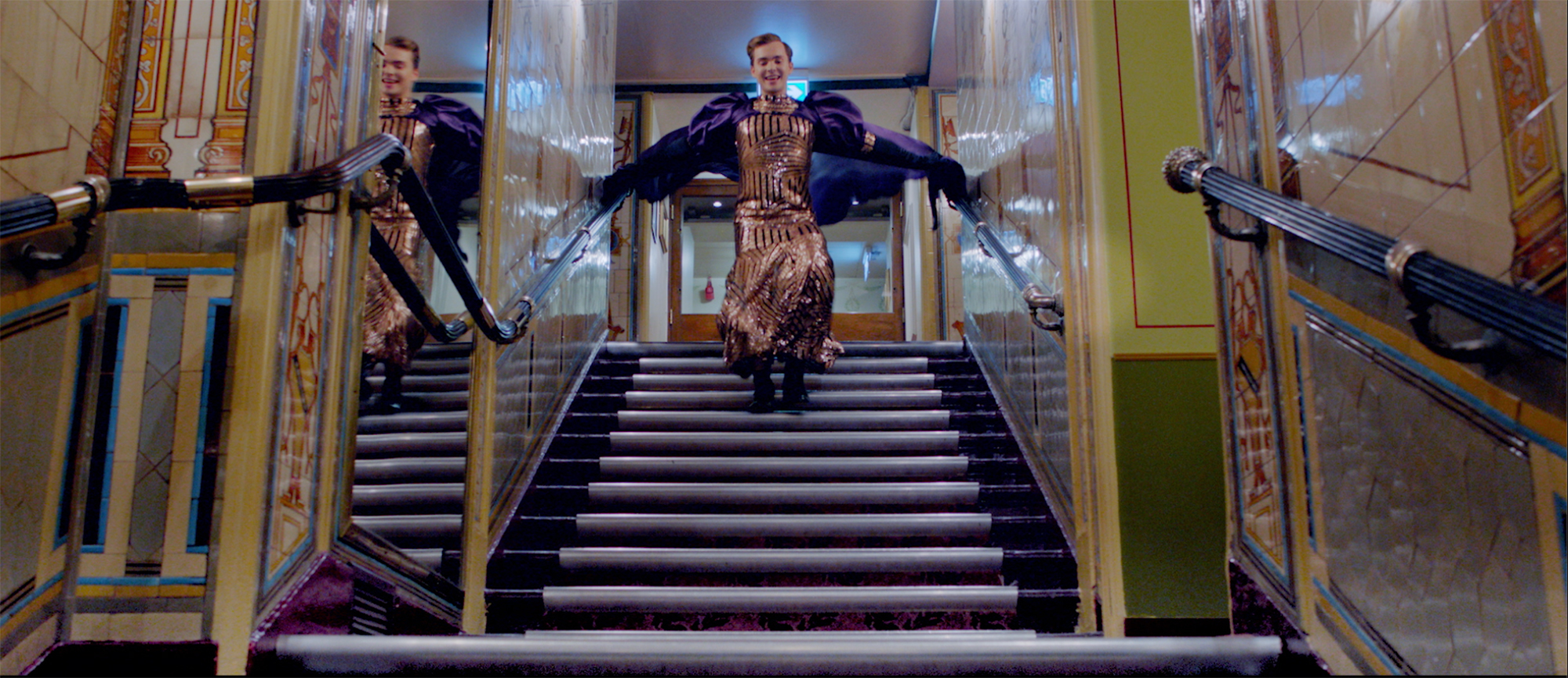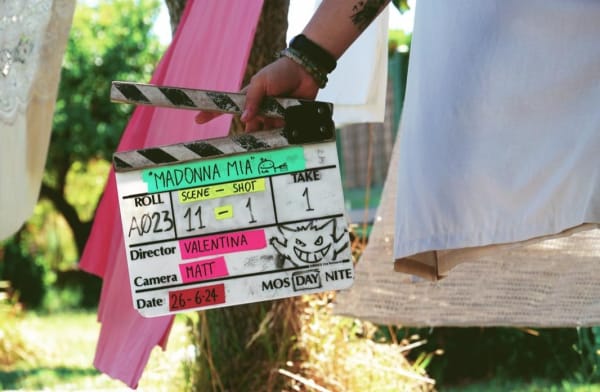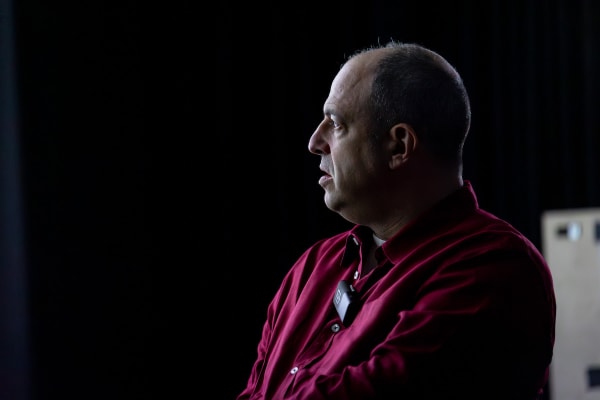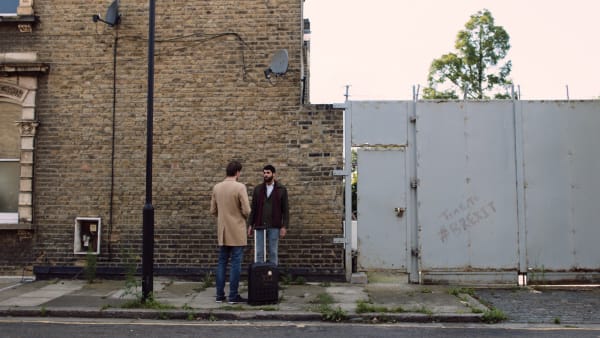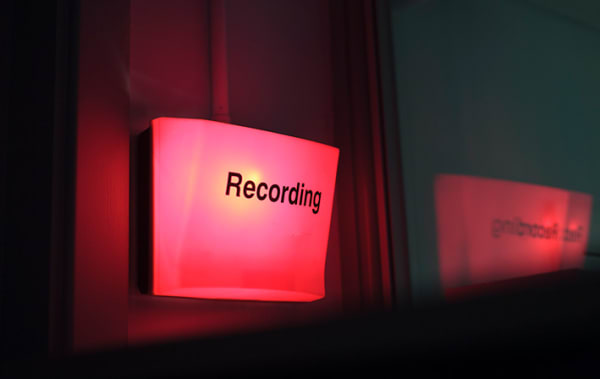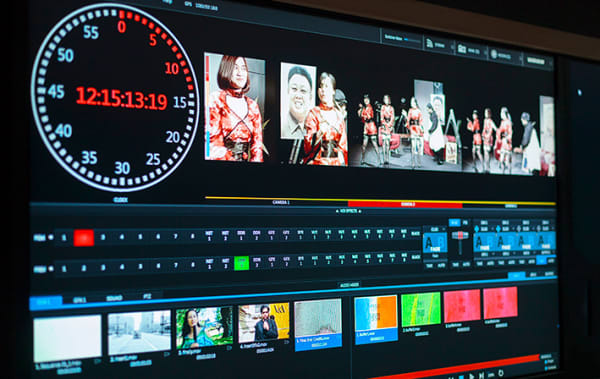Course units
In response to the Climate Emergency, UAL has embedded responsible practices within the curriculum. We shaped our courses around principles of social and racial justice, and environmental sustainability that ensure learning outcomes reflect the urgent need to equip you with the understanding, skills, and values for ethical practice and empower you to work towards an equitable future.
Each course is divided into units, which are credit-rated. The minimum unit size is 20 credits. The MA course structure involves six units, totalling 180 credits.
Autumn, term 1
At the start of the first term, you’ll begin with your contextual Specialism Investigation, which combines guest lectures and student-led seminars on your specific discipline, field of practice and wider filmmaking processes.
You’ll also be encouraged to develop a strong dialogue within your peer groups, and to contribute shared and individual creative visions during the First Term Film unit. Once term is underway, you’ll begin work on the Major Project and Secondary Roles units which will be carried through to the fourth and final term.
Introductory Production (20 credits)
In this unit, you’ll take a short script through production. This experience enhances your Specialism Investigation, prepares you for the Major Project, and helps you to position your practice within the wider filmic environment.
Specialism Investigation (40 credits)
You’ll study independently while taking part in set contextual lectures that explore current trends within the film industry, as well as the culture that informs it. You’ll also build a portfolio of research relating to your specialism as this unit continues through the following term.
Major Project (60 credits)
You’ll have an opportunity to pursue your skills in an ambitious production that spans the 4 terms of the course. You’ll undertake a Head of Department role on a fictional film of a specific length (maximum 30 minutes) to further develop your team leadership skills while balancing individual and shared creative visions.
Specialism roles include:
- Producer
- Production Designer
- Director
- Director of Photography
- Postproduction Specialist
Spring, term 2
The Specialism Investigation unit continues and concludes in the later part of the Spring Term.
Collaborative Unit (20 credits)
You'll have the opportunity to engage in a specific collaboration with a related course at UAL or with an external partner. External collaborations could include site-specific, experimental work developed in conjunction with a gallery or public body, or an agreed commission/campaign film for a charitable or commercial organisation.
The Major Project continues with its development, preparing you for production in Term 3.
Summer, term 3
The Major Project continues with selected film productions.
Secondary Roles (20 credits)
In parallel to the Major Project, you'll have the opportunity to undertake at least 2 secondary roles during production. This will enable you to explore associated aspects of your practice by observing your specialism via a different perspective.
It will also enhance your skillset and help you to understand what it takes to effectively support a Head of Department.
The secondary roles include:
- Production Manager
- Locations Manager
- Casting Director
- Assistant Director
- Set Dresser/Props
- Camera Assistant Gaffer
- Script Supervisor
- Sound Recordist/Boom Operator
Autumn, term 4
In this term, the Major Project and Secondary Roles conclude with post-production.
